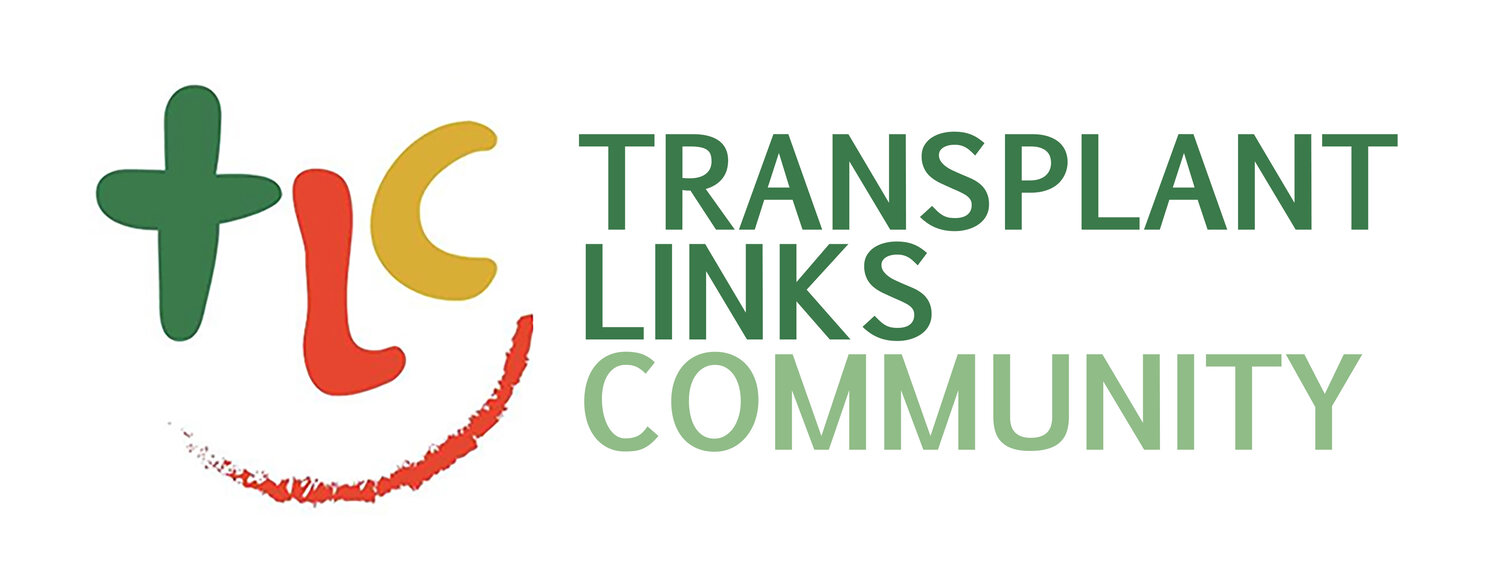
What we do
Transplant Links provides hands on training in kidney transplantation for surgeons, doctors and nurses in low and middle income countries across the world.
Through this transfer of skills, TLC saves the lives of children and adults in the developing world who suffer from life-threatening end stage kidney disease. This training is delivered in the form of hands on surgical assistance (in situ), delivering lectures and training seminars in the hospitals, providing on-going long term support and assistance in developing the infrastructure needed to coordinate a transplant programme, long-distance online learning in the form of videos, presentations, podcasts and online seminars and the development of written materials as requested.
We provide bespoke support tailored to meet the specific needs of each centre, until they reach a point of sustainability.

A multi-disciplinary approach is absolutely key to the success of a transplant programme.
Surgical
Donor nephrectomy (hand assisted/fully laparoscopic or open depending on the facilities available) in situ
Recipient transplant operation in situ
Medical and Nursing
Training of all related transplant healthcare professionals including nursing, nephrology, anaesthetics, social workers and transplant coordinators.
Remote Support
Multidisciplinary team remote support when back in the UK, providing advice and assistance in preparing patients for their transplant and in the after care for both donors and recipients.

There is a desperate need for living kidney transplant programs in developing countries.
The outlook for someone with kidney failure in many countries is worse than if they had HIV/AIDS. Kidney failure often goes undiagnosed and untreated. The rate of kidney failure is so high (accounting for nearly 10% of hospital admissions in Africa), yet the only treatment available is dialysis. Many people can’t afford dialysis, and in many countries it is unavailable, particularly for children. Patients therefore die unnecessarily. Dialysis is expensive, time consuming and exhausting, offering a short and poor quality of life. A live donor kidney transplant has the potential to dramatically improve quality of life, and is very cost effective in comparison to dialysis. It is now part of everyday medicine in developed countries, yet so many people are dying for want of a transplant elsewhere.

“A kidney transplant is not just about the surgery. The development of transplant services requires dedication and hard work from many departments including surgical, medical, pharmacy, nursing, anaesthetics, pathology, radiology, psychology and social care. No element of a transplant can work without the other.”
“What TLC provides is quite unique; a full multi-disciplinary team providing teaching and support to the local transplant unit. With sustainability in mind, we are there to work beside our overseas colleagues over however long it takes to help them establish a transplant programme by providing insight, experience and guidance to ensure the safety and longevity of the programme.
- Dr David Milford, TLC Medical Director
A living donor transplant programme requires, amongst other things, a dedicated multidisciplinary team, hospital infrastructure and government support.
Transplant Links works with partner centres to help them put hospital systems in place to enable a smooth journey for patients going through the transplant process, before, during and after their transplant. Where appropriate, Transplant Links assists in government lobbying, presenting the benefits of a transplant programme to health ministers and government officials in order that the programme is supported in the long term and is therefore sustainable.




